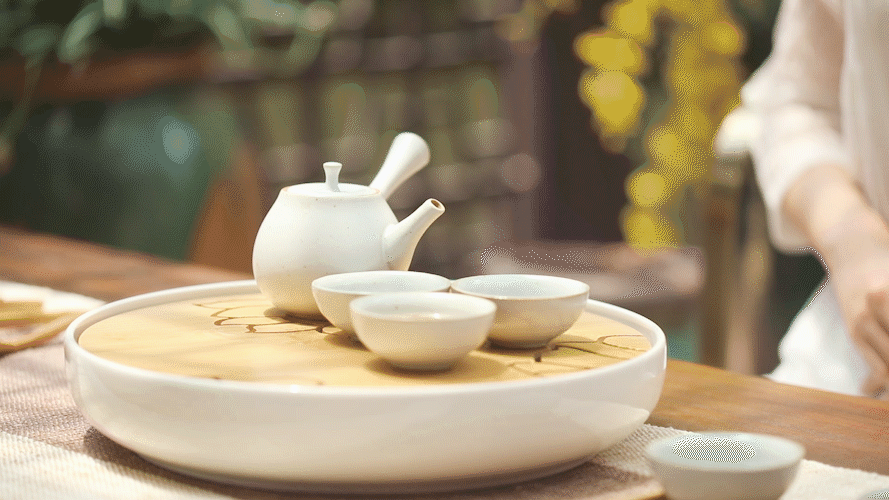
Lesson 19: A Quick Guide to Verb TO BE in Chinese

I have both good news and bad news for the verb to be in Chinese. Which one do you want to hear first?
Well. I’ll start with the good one first. As stated in the previous post, there is no verb to be conjugation in Chinese. 是 (shì), which has the closest meaning to the verb to be in English, fits well with all personal pronouns and all tenses.
But, wait! Let’s continue hearing the bad news. You cannot only using 是 (shì) to express the verb to be in Chinese. So, keep scrolling down this post. You will be introduced with other concepts to express to be in Chinese in a simple way here.
是 (shì)
Basically, 是 (shì) is used to link two nouns (or pronouns). You can use this magic word 是 (shì) to introduce who you are – your nationality, profession, or anything, as long as it belongs to the noun group.
Structure: Noun + 是 + Noun
我是印尼人。
Wǒ shì yìnní rén.
I am Indonesian.
我是科学家。
Wǒ shì kēxuéjiā.
I am a scientist.
Of course, you can also use 是 (shì) for describe your family, your friends, or any object that comes on your head now.
他是飞行员。
Tā shì fēixíngyuán.
He is a pilot.
这是微波。
Zhè shì wéibō.
This is a microwave.
Sounds easy? Now it’s your turn. Try to describe yourself and your surroundings using 是 (shì).
If you have checked the Adjectives in Chinese post, you must have probably known that it is possible to use 是 (shì) together with the particle 的 (de) to emphasize an adjectival fact.
很 (hěn)
Unlike the verb to be that works well for connecting noun and adjective in English, Chinese is different. Instead, we use degree adverbs, such as 很 (hěn), to link them.
Structure: Noun + 很 + Adjective
她很优雅。
Tā hěn yōuyǎ.
She is (very) elegant.
在 (zài)
In general, 在 (zài) means the preposition in, on, or at. Besides, 在 (zài) can be also used to indicate someone/something is/are at somewhere.
Structure: Noun + 在 + Location (Adverb of Place)
爸爸在银行里。
Bàba zài yínháng lǐ.
Dad is in the bank.
我们在咖啡厅前面。
Wǒmen zài kāfēi tīng qiánmiàn.
We are at the front of the cafe.
In addition, 在 (zài) can also use to express a continuous action – an action which is happening at the time of speaking.
Structure: Noun + 在 + Verb + Object
他在喝果汁。
Tā zài hē guǒzhī.
He is drinking juice.
我在读一本小说。
Wǒ zài dú yī běn xiǎoshuō.
I am reading a novel.
REMEMBER THIS QUICK GUIDE!
是 (shì) for Noun + 是 + Noun
很 (hěn) for Noun + 很 + Adjective
在 (zài) for Noun + 在 + Location (Adverb of Place) and Noun + 在 + Verb + Object









